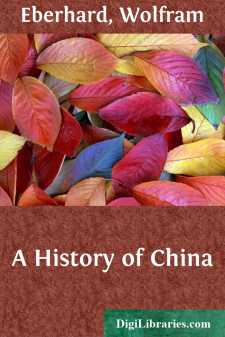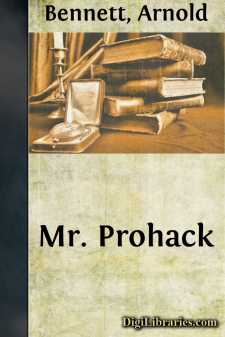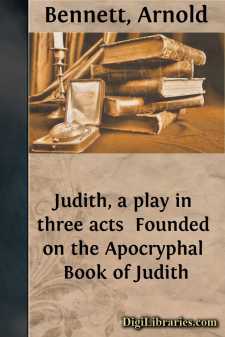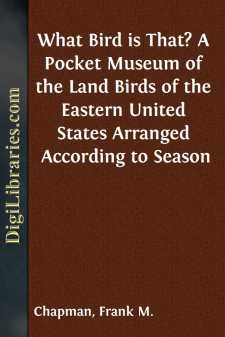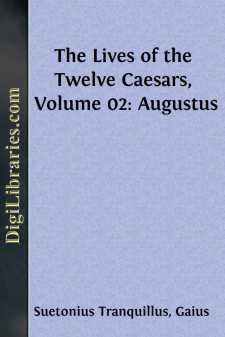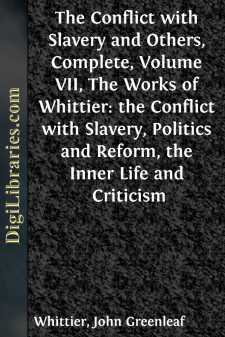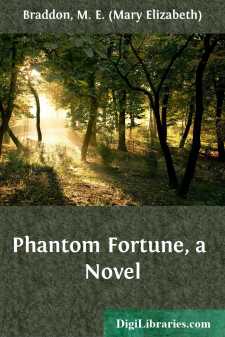Fiction
- Action & Adventure 182
- Biographical 15
- Christian 59
- Classics
- Coming of Age 4
- Contemporary Women 1
- Erotica 9
- Espionage/Intrigue 12
- Fairy Tales, Folklore & Mythology 235
- Family Life 169
- Fantasy 117
- Gay 1
- General 596
- Ghost 32
- Historical 808
- Horror 42
- Humorous 160
- Jewish 25
- Legal 4
- Medical 22
- Mystery & Detective 314
- Political 49
- Psychological 41
- Religious 64
- Romance 158
- Sagas 11
- Science Fiction 730
- Sea Stories 113
- Short Stories (single author) 537
- Sports 10
- Suspense 1
- Technological 8
- Thrillers 2
- Urban Life 29
- Visionary & Metaphysical 1
- War & Military 173
- Westerns 199
Classics Books
Sort by:
by:
Wolfram Eberhard
Chapter One PREHISTORY 1 Sources for the earliest history Until recently we were dependent for the beginnings of Chinese history on the written Chinese tradition. According to these sources China's history began either about 4000 B.C. or about 2700 B.C. with a succession of wise emperors who "invented" the elements of a civilization, such as clothing, the preparation of food, marriage, and...
more...
by:
Laura Lee Hope
TRAGEDY There, pressed so close to the pane of the window that the nose was flattened grotesquely, eyes wildly staring, hair disheveled, was a face that even in that tense moment the girls recognized! the face of Professor Dempsey! It took the boys perhaps a second to fling out of the room, jump down the steps of the porch and circle the house to the window. And yet, in that second, the man was gone,...
more...
by:
Arnold Bennett
CHAPTER I I Arthur Charles Prohack came downstairs at eight thirty, as usual, and found breakfast ready in the empty dining-room. This pleased him, because there was nothing in life he hated more than to be hurried. For him, hell was a place of which the inhabitants always had an eye on the clock and the clock was always further advanced than they had hoped. The dining-room, simply furnished with...
more...
by:
Unknown
Achonry, See of, 209 Adjumenta Oratoris Sacri, etc. operâ F.X. Schouppe, noticed, 503Aireran, St., Prayer of, 63Ambrose, St., Tomb of, 22Ardagh, the See of, 13Ancient Religious Foundations of, 127Armagh, Richard Fitz-Ralph, Archbishop of, 486, 524Attracta, St., Feast of, 39Avellino, St. Andrew, Feast of, 145Barlow, James, on Eternal Punishment, 217Belgian Bishops, Card. Patrizi's Letter to,...
more...
by:
Arnold Bennett
ACT I A street in the city of Bethulia in Judea. Bethulia is in the hill country, overlooking the great plain of Jezreel to the south-west. Back, the gates of the city, hiding the view of the plain. Right, Judith's house, with a tent on the roof. Left, houses. The street turns abruptly, back left, along the wall of the city. Left centre, a built-up vantage-point, from which the plain can be seen...
more...
FLYING. “What’s that below, Hal?” The speaker was Chester Crawford, an American lad of some 16 years. Hal Paine allowed his eyes to turn from the steering wheel and glanced over the side of the flying aëroplane. “I don’t see anything,” he replied, after a careful scrutiny below. “Neither do I, now,” said Chester, straining his eyes. At this moment the third occupant of the machine made...
more...
by:
Frank M. Chapman
INTRODUCTION As Curator of the Department of Birds of the American Museum of Natural History I have had exceptional facilities for the arrangement of collections designed to give students a comprehensive view of local bird-life without confusing them with unnecessary details. Among other aids to this end a collection of 'Birds Found within 50 Miles of New York' has been placed in a special...
more...
I. That the family of the Octavii was of the first distinction in Velitrae [106], is rendered evident by many circumstances. For in the most frequented part of the town, there was, not long since, a street named the Octavian; and an altar was to be seen, consecrated to one Octavius, who being chosen general in a war with some neighbouring people, the enemy making a sudden attack, while he was...
more...
JUSTICE AND EXPEDIENCY OR, SLAVERY CONSIDERED WITH A VIEW TO ITS RIGHTFUL AND EFFECTUAL REMEDY, ABOLITION. (1833.) "There is a law above all the enactments of human codes, the samethroughout the world, the same in all time,—such as it was beforethe daring genius of Columbus pierced the night of ages, and openedto one world the sources of wealth and power and knowledge, toanother all unutterable...
more...
CHAPTER I. PENELOPE. People dined earlier forty years ago than they do now. Even that salt of the earth, the elect of society, represented by that little great world which lies between the narrow circle bounded by Bryanstone Square on the north and by Birdcage Walk on the south, did not consider seven o'clock too early an hour for a dinner party which was to be followed by routs, drums, concerts,...
more...


